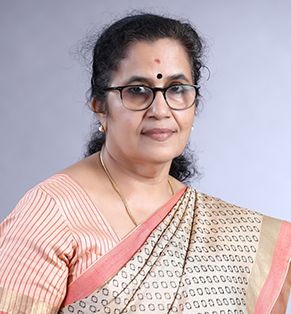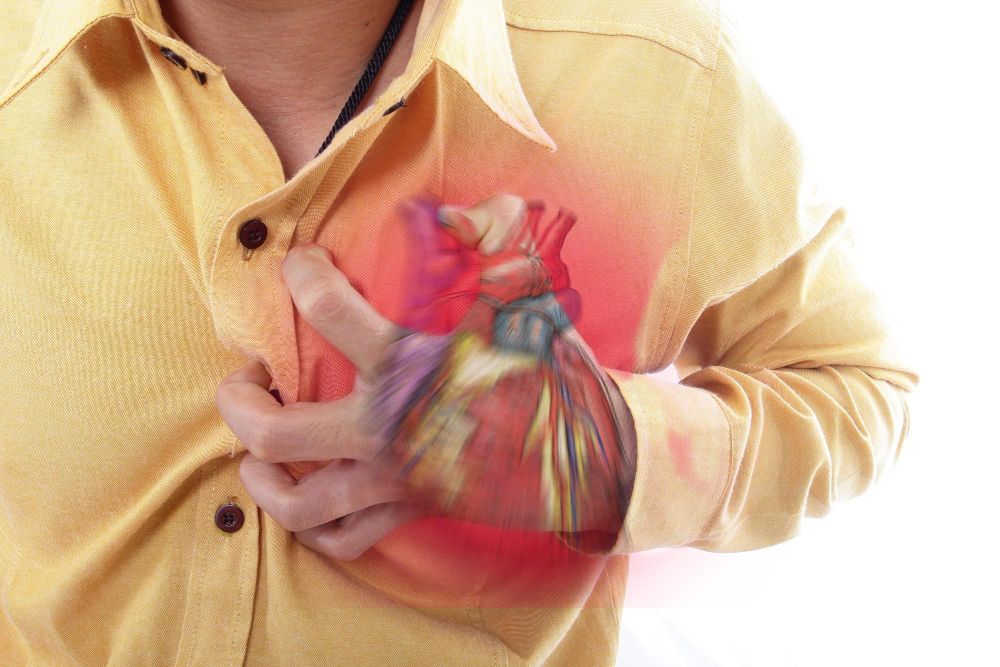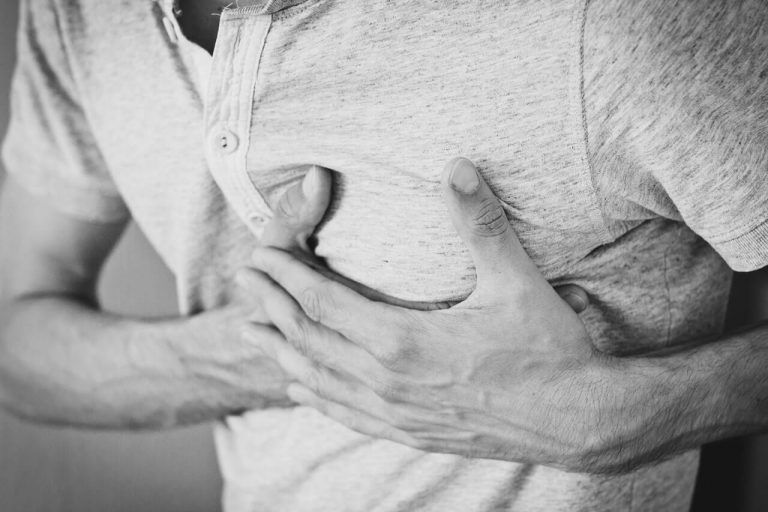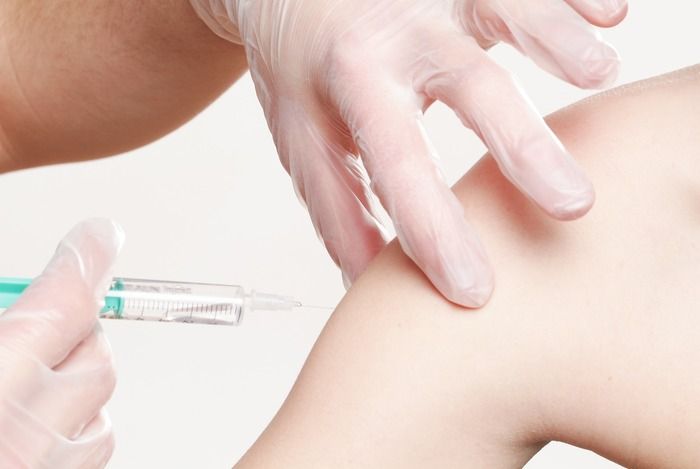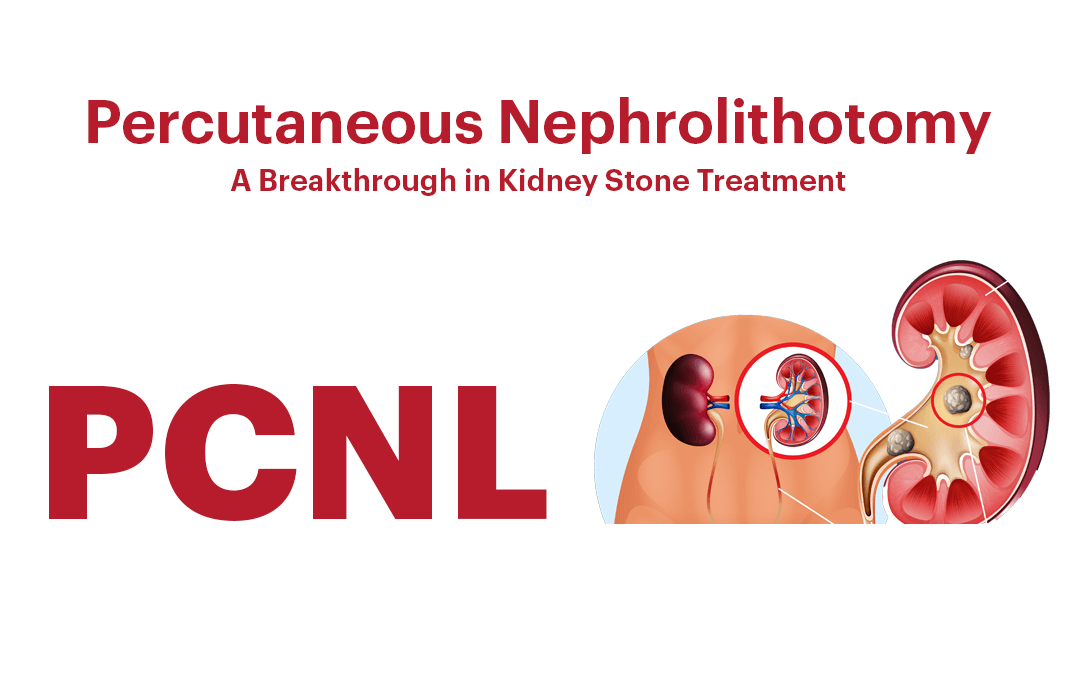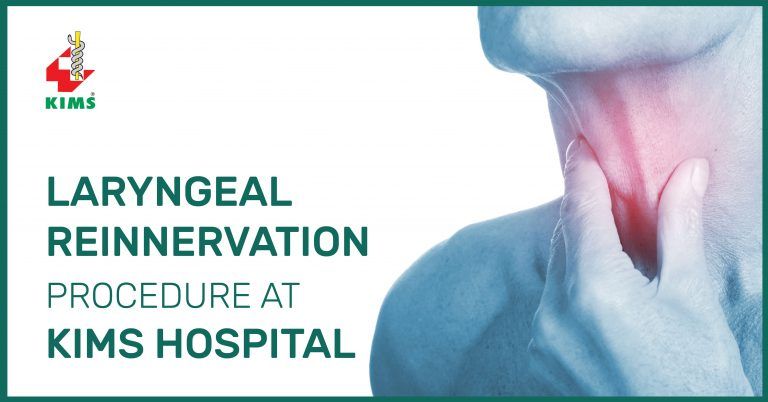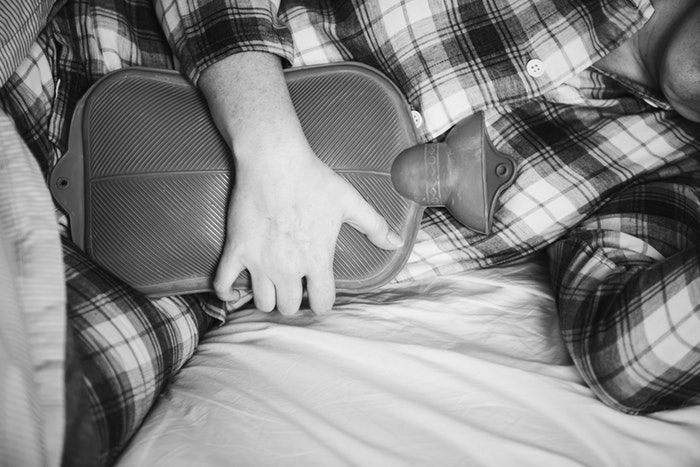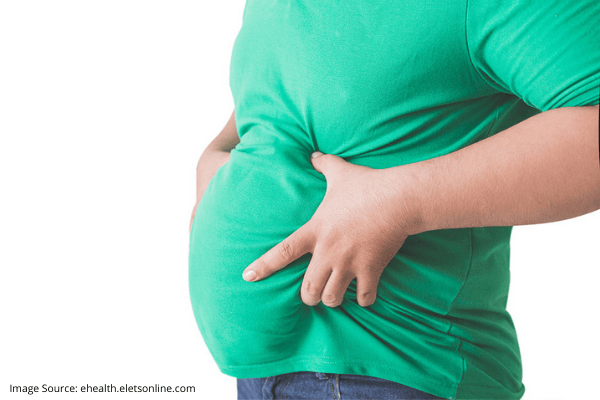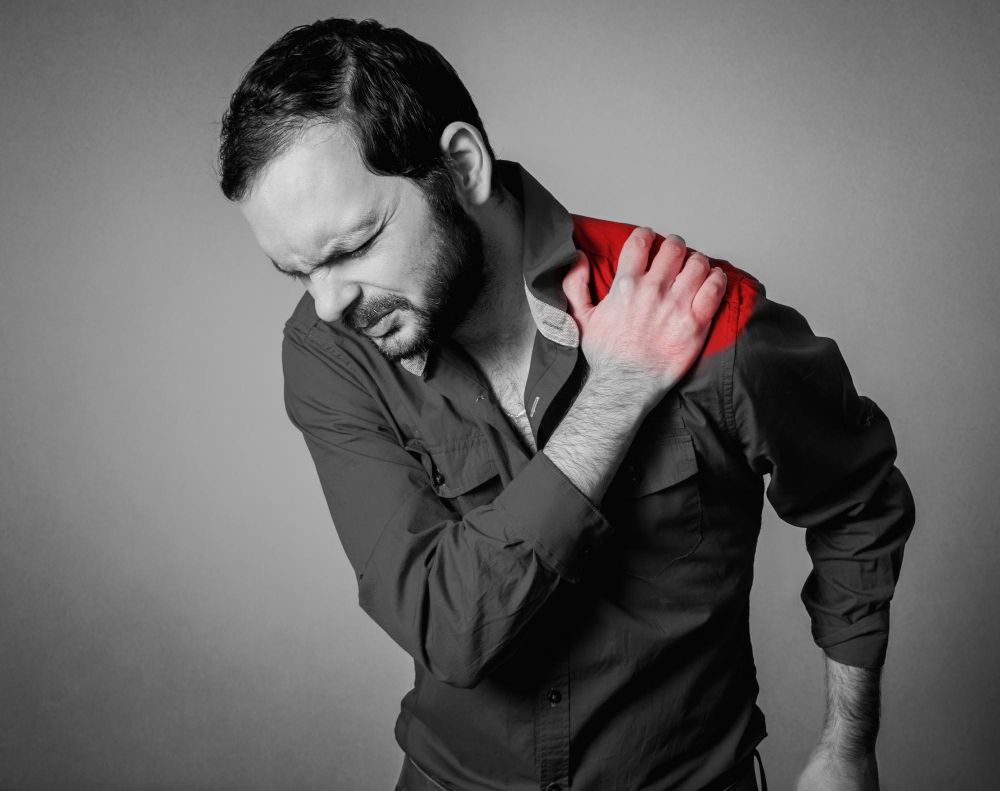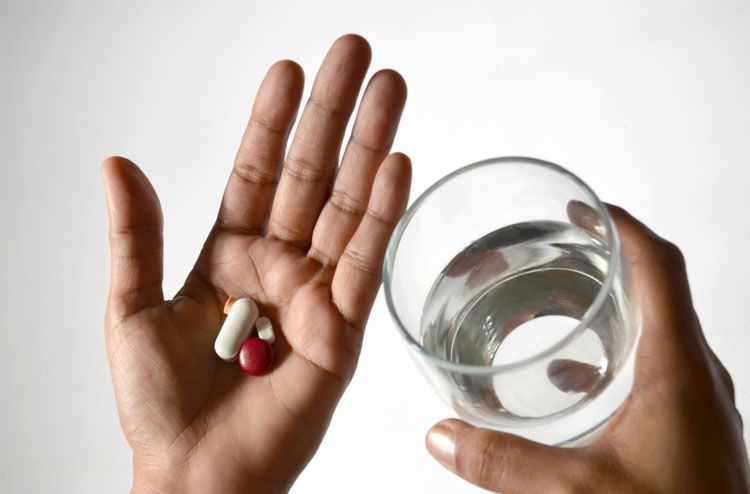Dilated Cardiomyopathy
Dilated cardiomyopathy is a form of heart muscle illness in which the heart chambers (ventricles) weaken and stretch, becoming bigger. It often begins in the heart's primary pumping chamber (the left ventricle). The disease often reduces the heart's ability to pump blood throughout the body. Fatigue and shortness of breath are the most common symptoms, which other illnesses can also cause. A person with dilated cardiomyopathy may not experience any symptoms at first. However, it can be life-threatening. Dilated cardiomyopathy is more common in men than in women. The treatment may include medications or surgery to implant a medical device that regulates the heartbeat or aids in the pumping of blood. Sometimes, a heart transplant is necessary.
Symptoms
Many persons with dilated cardiomyopathy do not exhibit any symptoms, particularly in the early stages. However, if your heart function deteriorates, you may encounter symptoms more frequently. Dilated cardiomyopathy symptoms could include:
- Chest pain
- Cough and congestion
- Dizziness or lightheadedness
- Fainting
- Fatigue (unusual tiredness)
- Palpitations or fluttering in your chest
- Shortness of breath (dyspnea)
- Swelling in your belly, legs, ankles, and feet (edema)
- Unexpected weight gain
Causes
It can be difficult to pinpoint the cause of dilated cardiomyopathy. The left ventricle can enlarge and weaken for a variety of reasons, including:
- Certain infections
- Complications of late-stage pregnancy
- Diabetes
- Excessive iron in the heart and other organs (hemochromatosis)
- Heart rhythm problems (arrhythmias)
- High blood pressure (hypertension)
- Obesity heart valve disease, such as mitral valve or aortic valve regurgitation
Diagnosis
To diagnose dilated cardiomyopathy, your doctor will do a physical exam and inquire about your personal and family medical history. To listen to your heart and lungs, the clinician will use a stethoscope. You may be referred to a cardiologist. Dilated cardiomyopathy can be diagnosed with an echocardiogram, blood tests, a chest X-ray, an electrocardiogram (ECG or EKG), a heart monitor, an exercise stress test, a heart (cardiac) CT or MRI scan, cardiac catheterisation, and genetic screening or counselling.
Treatment
The causes of dilated cardiomyopathy determine how it is treated. Treatment aims to alleviate symptoms, enhance blood flow, and prevent additional heart damage. Treatment may include drugs or surgery to install a medical device that helps the heart beat or pump blood.
Medications
A mixture of medications may be used to treat dilated cardiomyopathy and avoid problems. Medications regulate the heart's rhythm, assist the heart pump more efficiently, lower blood pressure, prevent blood clots, and remove fluid from the body. Blood pressure drugs, sacubitril/valsartan, diuretics (water pills), digoxin (Lanoxin), ivabradine, and blood thinners (anticoagulants) are all used to treat heart failure and dilated cardiomyopathy.
Prevention
Unfortunately, this illness is not always preventable. It could be inherited or a side effect of a medication, such as chemotherapy. However, dilated cardiomyopathy may be prevented by:
- Reduce or eliminate your drinking.
- Do not smoke.
- Avoid taking cocaine or any other illegal substances.
- Low-sodium diet.
- Get enough sleep and rest.
- Daily exercise routine.
- Maintaining your weight
- Manage your stress.
Conclusion
Dilated cardiomyopathy (DCM) is a significant heart disorder that impairs the heart's capacity to pump blood efficiently. Treatment is intended to alleviate symptoms, avoid complications, and improve quality of life. This usually involves a combination of medications, lifestyle changes, and medical equipment. Early detection and aggressive therapy play a critical role in improving heart function and reducing disease progression. For best results, lifelong maintenance and regular check-ups with a medical practitioner are required.
Ten Effective Remedies That You Can Refer to When You Are Suffering from Muscle Cramps
Finally starting off with the gym life can get too overwhelming until you hit those muscle cramps along with the weights.
ICSI(Intra Cytoplasmic Sperm Injection)
Normally during every mid-menstrual period, one of the 2 ovaries releases an ovum. Each ovum is covered by a membrane called follicle,
Pregnancy and Delivery Care
Nothing could possibly compare to the joy of becoming a parent. After nine long months of waiting, the moment you have been waiting for is almost there:
Some Common Causes of Chest Pain
The first thing that jumps into the mind whenever you have some sort of chest pain is heart attack! It’s only human to feel that way
Organic Food Vs GMO Food: What Should You Pick?
There is no doubt that the quality of food we consume is crucial for our good health. And with more people becoming health conscious the d
Importance of Breastfeeding and Vaccinations for Newborns
Going nature’s way is best when it comes to providing nourishment for the apple of your eye – your baby. Breast milk is best for your baby as it
Percutaneous Nephrolithotomy (PCNL): A Breakthrough in Kidney Stone Treatment
Kidney stones, those small, hard mineral deposits that form in the kidneys, can cause excruciating pain and discomfort.
Skin Tags - Benign Tumor or Cancerous Tumor?
Skin tag if observed is a narrow stalk that hangs about your skin, bulging at the end. They are usually freshly colored and can grow anywhere on your body.
3 Ways Vitamin C is Helpful for the Immune System
The water-soluble vitamin, Vitamin C is also known as ascorbic acid. It is helpful in building up the blood vessels, skins, and making bones stronger
4 Signs of Mental Illness
As life has gotten fast and hectic, different health issues have got introduced lately. Not just physical issues,
4 Ways Night-Shifts Can Be Dangerous For Your Menstruation And Ovulation
A good night's sleep is of value for pregnant women. But with strenuous work-hours and shift work, sleep can quite a luxury for all.
Causes Of Infertility in Women
More and more women are putting off pregnancy till well into their 30’s or early 40’s for career reasons; infertility is fast becoming a major heartbreaking issue for such couples.
Do Not Indulge in These 9 Common Dieting Mistakes
Dieting is not just about eating less or starving yourself to meet unrealistic goals. Healthy dieting involves making informed food choices.
Laryngeal Reiinervation Procedure at KIMS Hospital
Mr. K.P 56-year-old business executive from Bangalore underwent a thyroid surgery two years back.
Learn How Stress Affects Your Heart Health
Stress is a frequent side effect of the modern 21st Century lifestyle. We’re always running around to meet deadlines, pay bills we tend to
Lose Weight: The Healthy Way
Almost everyone we know is worried about the way they look. There are several concerns people have, like their complexion
Myths About Bariatric Surgery
Bariatric surgery – be it the gastric bypass and other weight-loss surgeries – involve making changes to your digestive system to help you lose weight.
Non-alcoholic Fatty Liver Disease: Should You be Worried?
A recent study has found that 1 in 5 people in India suffers from liver disorders. Before you blame it on the increased alcohol consumption
Obesity and its Relation to Type 2 Diabetes
Diabetes is a condition that arises when the body doesn’t produce enough insulin,, hence there is excess glucose in the blood
Rotator Cuff Tear
A rotator cuff tear is a rotator cuff injury that can cause shoulder pain and loss of arm function. The rotator cuff is a set of muscles and tendons in your shoulder.
What Happens to Your Body When You Fast?
Fasting has been practised by humans for thousands of years as a way of rejuvenating the mind, body and soul and as a common ritual of many religions from all over the world
Why You Shouldn’t Consume Medicines with Cold Water
There has been a long-raging debate on the temperature of water needed for consuming medications. You won’t find much as in research papers
10 Tasty Delicious Diabetic-Friendly Recipes
Worry about it no more, as a healthy diabetic diet does not have to be bland. Instead, you can enjoy a myriad of flavorful, low-calorie
4 Not So Common Health Problems in Teenagers
The current generation of teenagers have far more access to technology and gadgets than their parents did.
4 Secrets to Adjusting Your Toddler's Sleep Cycle
Most of the parents, some time or the other, may have faced the trouble of making their toddlers sleep at night.
Related Blogs
Ten Effective Remedies That You Can Refer to When You Are Suffering from Muscle Cramps
Finally starting off with the gym life can get too overwhelming until you hit those muscle cramps along with the weights.
ICSI(Intra Cytoplasmic Sperm Injection)
Normally during every mid-menstrual period, one of the 2 ovaries releases an ovum. Each ovum is covered by a membrane called follicle,

